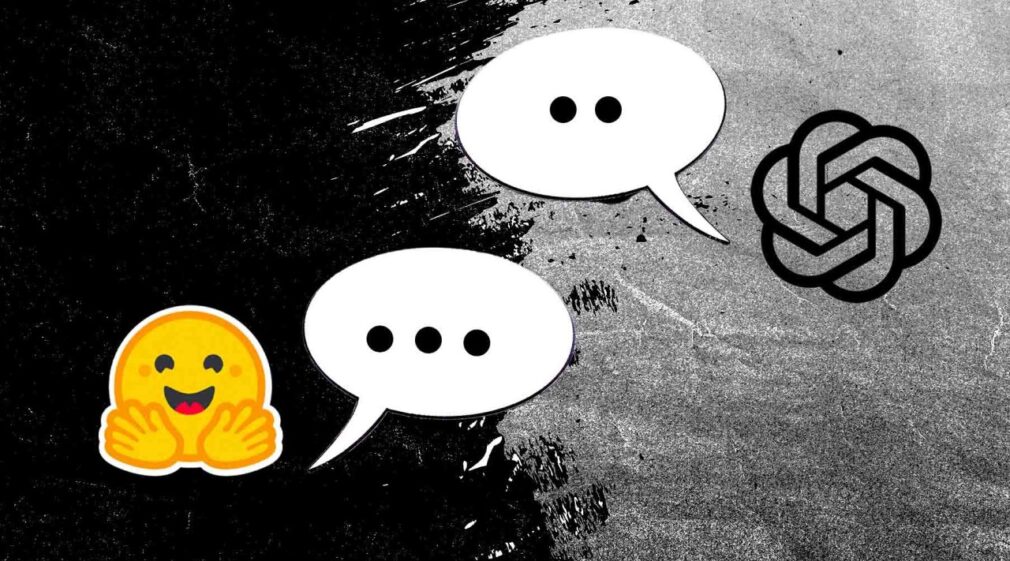Hugging Face, a platform for sharing open-source AI models, codes, and frameworks for developers, has just announced the launch of third-party, customizable Hugging Chat Assistants for building custom chatbots. This is similar to OpenAI’s GPT Builder but open-source.
Hugging Face, the New York City-based startup, hosted last year’s “Woodstock of AI.” It was founded in 2016 by Clément Delangue, who is now the startup’s CEO. It recently hit a valuation of $4.5 billion after raising $235 million from Google, Nvidia, and other notable investors.
Hugging Chat Assistants is a no-cost offering that grants Hugging Chat users—the startup’s open-source counterpart to OpenAI’s ChatGPT—the ability to effortlessly design their own AI chatbots, tailored with unique features. But unlike the GPT Builder it is compared to, Hugging Chat Assistant is going to be free. GPT Builder is only accessible with ChatGPT Plus which costs $20 per month, or $25 to use with Team and Enterprise subscriptions.
In a recent update shared on the social media platform X, previously recognized as Twitter, Phillip Schmid, who serves as the Technical Lead and Director of Large Language Models at Hugging Face, unveiled that creating a personal Hugging Face Chat Assistant is now as simple as making “two clicks!” Moreover, Schmid made a clear comparison between these newly introduced features and the custom GPTs by OpenAI.
The Tweet below shows a quick rundown of how custom chatbots on Hugging Face are made. Users simply have to add a name for the chatbot, an avatar, and a description for its purpose. After that, users have to choose an open-source AI model like Llama 2 or Mixtral and add a custom system message to control their behavior. Finally, it asks users to add a few message starters like OpenAI’s GPT Builder.
Introducing Hugging Chat Assistant! 🤵 Build your own personal Assistant in Hugging Face Chat in 2 clicks! Similar to @OpenAI GPTs, you can now create custom versions of @huggingface Chat! 🤯
An Assistant is defined by
🏷️ Name, Avatar, and Description
🧠 Any available open… pic.twitter.com/9XaReKgg9m— Philipp Schmid (@_philschmid) February 2, 2024
Additionally, just like OpenAI’s GPT Store, Hugging Face has also created a repository for third-party customized Hugging Chat Assistants that people can use as they please. This page has a striking resemblance to the GPT Store, even down to the visual style with baseball card-style boxes with circular logos inside.

The debut of Hugging Chat Assistants highlights the rapid pace at which the open source sector is gaining ground on its proprietary counterparts, such as the ostensibly named “Open” AI. This development is particularly noteworthy, occurring just a day after the revelation of a new open-source model, Miqu, by Mistral, which rivals the capabilities of GPT 4 on benchmarks. This leak was recently confirmed by Mistral’s CEO Arthur Mensch.






